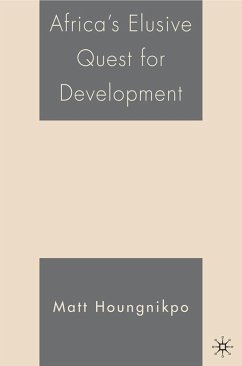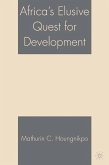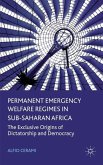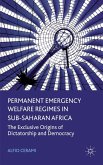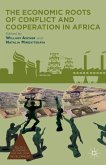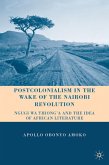Matt Houngnikpo examines how domestic conflict, economic stagnation, political instability, poverty and underdevelopment have plagued Africa for decades. He argues that a reversal of the political, economic and social plight of Africa lies in better policies, good governance, and, more importantly, a new type of African leader and citizen.
"[Houngnikpo's] argument is certainly provocative and exposed by few courageous scholars. He identified the problems quite well like most scholarship in the field, but has a lid on workable solutions unlike his counterparts." - Benson Onyeji, Associate Professor, Manchester College
"Why is it that forty-five years after independence, both democracy and development have eluded Africa, a continent that remains mired in war, conflict, crime, poverty, unemployment, disease, political decay and corruption, in spite of decades of economic assistance and foreign aid? These are some of the troubling questions addressed by Mathurin Houngnikpo in this original, engaging and thought-provoking book. In angry, yet eloquent, prose, Houngnikpo forcefully argues that while the colonial legacy cannot be totally ignored, the post-colonial African leadership is mostly to blame for the current African crisis. Going beyond the usual academic niceties, Houngnikpo tells it like it is and puts the African leadership on trial and on notice, suggesting possible ways out of this African predicament. This book is essential reading for all those genuinely concerned about the plight of the continent." - Guy Martin, Winston-Salem State University
"Why is it that forty-five years after independence, both democracy and development have eluded Africa, a continent that remains mired in war, conflict, crime, poverty, unemployment, disease, political decay and corruption, in spite of decades of economic assistance and foreign aid? These are some of the troubling questions addressed by Mathurin Houngnikpo in this original, engaging and thought-provoking book. In angry, yet eloquent, prose, Houngnikpo forcefully argues that while the colonial legacy cannot be totally ignored, the post-colonial African leadership is mostly to blame for the current African crisis. Going beyond the usual academic niceties, Houngnikpo tells it like it is and puts the African leadership on trial and on notice, suggesting possible ways out of this African predicament. This book is essential reading for all those genuinely concerned about the plight of the continent." - Guy Martin, Winston-Salem State University

